
Like most people, you probably use sunscreen to prevent harmful UV rays from damaging your skin. And you may be going overboard with your sun phobia, by slathering your skin with sunscreens that have the ideal pH balance, to put skid brakes on your aging skin.
However, while there is no arguing that the sun damages the skin and can even cause cancer, there are other forms of light that can be causing just as much damage, if not more, to your health and skin. And, they are a lot closer to you than the sun. After all, the sun is around 93, 000,000 miles away! And the blue light in question is in your home. No need to look over your shoulder! It's right in front of you. Yes, we are talking about digital devices such as your laptop or your cell phone. Before you drop your smartphone in panic, let’s take a look at what blue light is all about and how it affects your skin.
What is blue light?
Blue light is one of the many visible colors on the light spectrum. The sun is responsible for the majority of your exposure to blue light. You probably know that. What you may not know is that devices such as tablets, television, smartphones, and even fluorescent and LED bulbs emit harmful blue rays. And they not only damage your retina but also reduce melatonin excretion, causing interruptions in sleep cycles. And you know what happens when you have had a restless night. You face the horror of dark circles and bags under your eyes!
Effects of blue light on health
Checking emails or watching late-night movies on your tablets is not a great idea. With your body’s circadian rhythm disturbed, you will face a whole lot of health issues, skin disorders being one of them.
Exposure to blue light can cause eye damage, cataracts, cell shrinkage, photodamage, and wrinkles. It has been noticed that the side of the face where your cell phone rests during communication can show increased pigmentation and photodamage than the other side of the face. Just when you thought pigmentation was bad enough, now you have to deal with mismatched facial skin!
Is blue light damaging your skin?
If you look closely at the fine print on your favourite skincare brands, you will notice that they often contain blue light-fighting ingredients. Is this evidence that blue light is damaging your skin? Well, research says that blue light has a role to play in the appearance of brown spots on the skin. Besides hyperpigmentation, instances such as melasma or dark discolored patches are also noticed. Over time, blue light causes the breakdown of collagen, and wrinkles start appearing. Once the skin loses its laxity, it is bound to sag.
The effects of blue light don’t appear overnight, so you don’t need to dash the mirror! Much like sun damage, the process is cumulative. And, apart from the disturbance in your sleep pattern, blue light also contributes to the disruption in skin cells' rhythm. In short, blue light can put a spanner in the workings of your skin’s regenerative cycle. This will result in a slow slide to skin damage and aging.
The scary part? Research shows that electronic devices can even lead to cell shrinkage and cell death.
What’s more, short-term blue light exposure from selfies can also result in wrinkles and dark spots. And to think you take all those selfies to show your friends how good you look!
How to protect your skin from blue light damage?
So, how do you protect your skin from blue light damage?
Curtailing your time on laptops and cell phones is the best way to reduce your blue-light exposure. This is no easy task, as digital technology has now become a way of life. While it’s not possible to stop using devices that put food on your table, you can use the best dark circles serum with these tips to ensure that you lessen the harmful effects of blue light on your skin and health:
- Take regular breaks from your screen. Five minutes of rest every half an hour is a good start.
- Use blue-light screen filters for your computer, cell phone, and tablet.
- Reduce blue-light emissions by enabling night mode options on your computers and cell phones.
- After work, spend time with your family, enjoying fun activities such as puzzles or board games. This will cut down on blue-light exposure for you and your family too.
For the skin:
- The best defence against skin damage from blue light is sunscreen.
- However, sunscreen alone won’t do the trick. Make sure that your skincare routine products too contain ingredients that help fight the side effects of blue light damage.
- For people suffering from rosacea and other skin ailments, exposure to blue light can cause flare-ups, so extra care is needed.
- Go for select products that contain a good number of antioxidants and vitamin C as they protect the skin and tackle the effects of free radicals on the skin.
- Choose from products that contain titanium dioxide and zinc oxide as these ingredients are used in sunscreen.
How to curb blue light damage
- When possible, use polarized sunglasses to curb damage from light exposure.
- If your phone doesn’t have a blue-light filter, hold your phone away from your face.
- Switch off electronic devices at least one hour before bedtime. You can use this time to read books or go for a walk before you turn in.
- Follow the triple twenty rules. After 20 minutes of device use, turn and look at a distant object for twenty seconds before resuming work.
- Consume antioxidant-rich foods.
What to look for in skincare products
- Tinted, broad-spectrum sunscreens work best. Mineral sunscreens that contain either zinc oxide or titanium dioxide offer protection against blue light.
- Iron oxides too can provide protection against pigmentation caused by blue light.
- Makeup protects your skin against visible light. What’s more, any skin product that contains iron oxide will give you considerable protection against hyperpigmentation that is caused by blue light.
- Most complexion makeup items contain iron oxides that can protect your skin. Who would have thought a cake of makeup can protect your skin?
- Opt for skin products that contain antioxidants.
- Ingredients like matcha and hemp helps moisturize and soften skin.
Conclusion
We live in a digital age and cutting back on digital devices such as laptops and mobiles may not always be possible. To rejuvenate your skin and combat the effects of aging, you need products that are botanical and natural. Once you know that your product comes from chemists who are conscious and responsible, not only about skincare, but about the environment too, you know you are in safe hands!

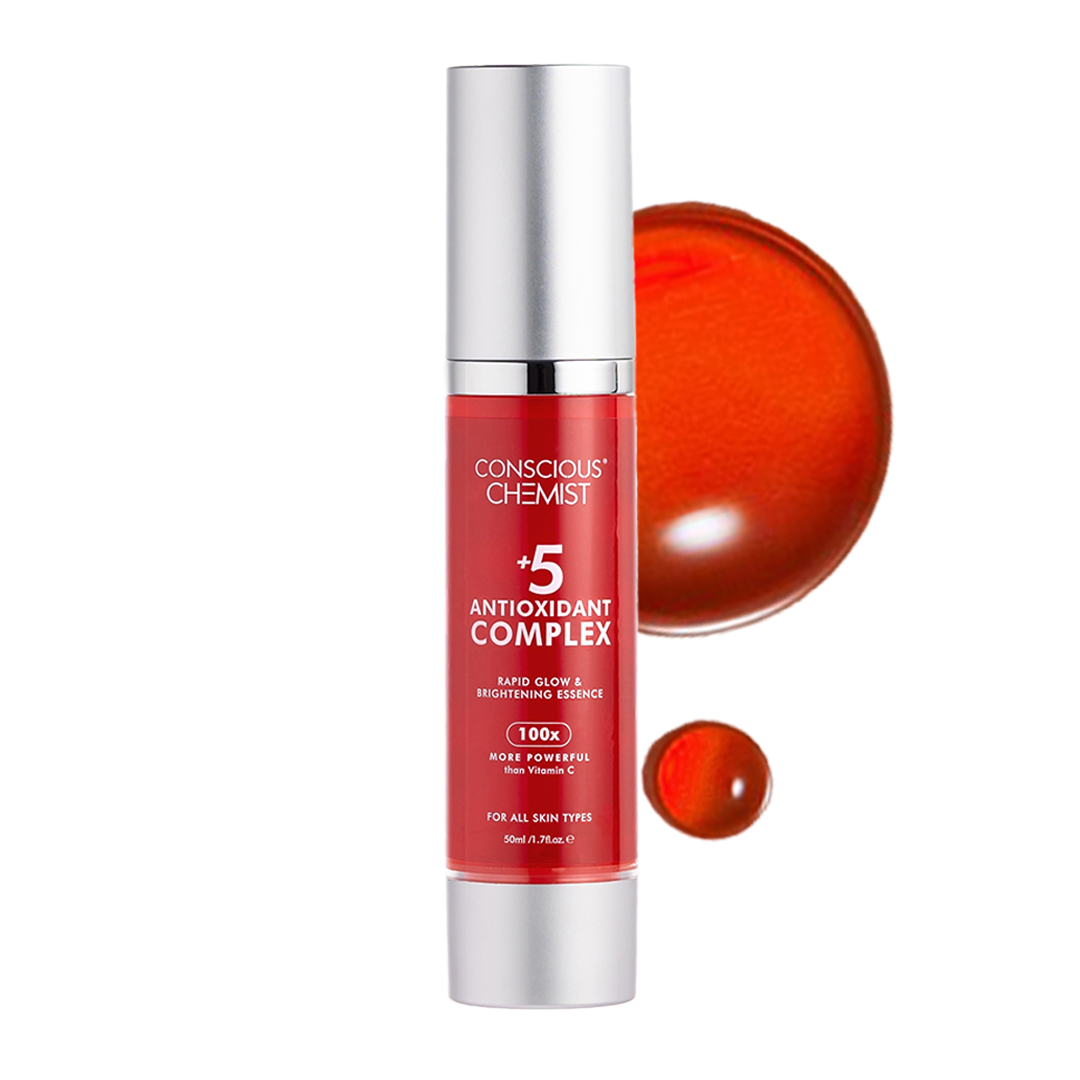
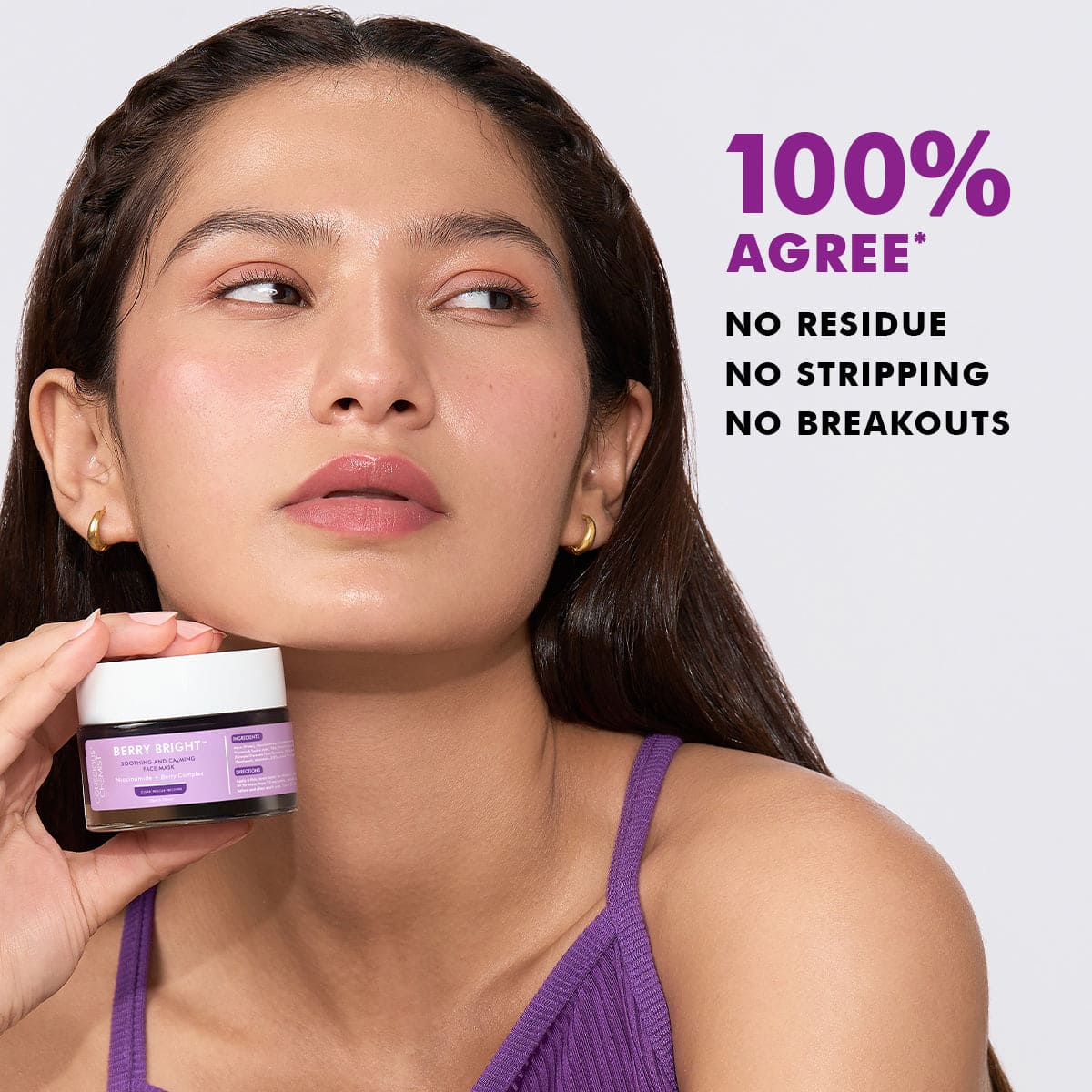
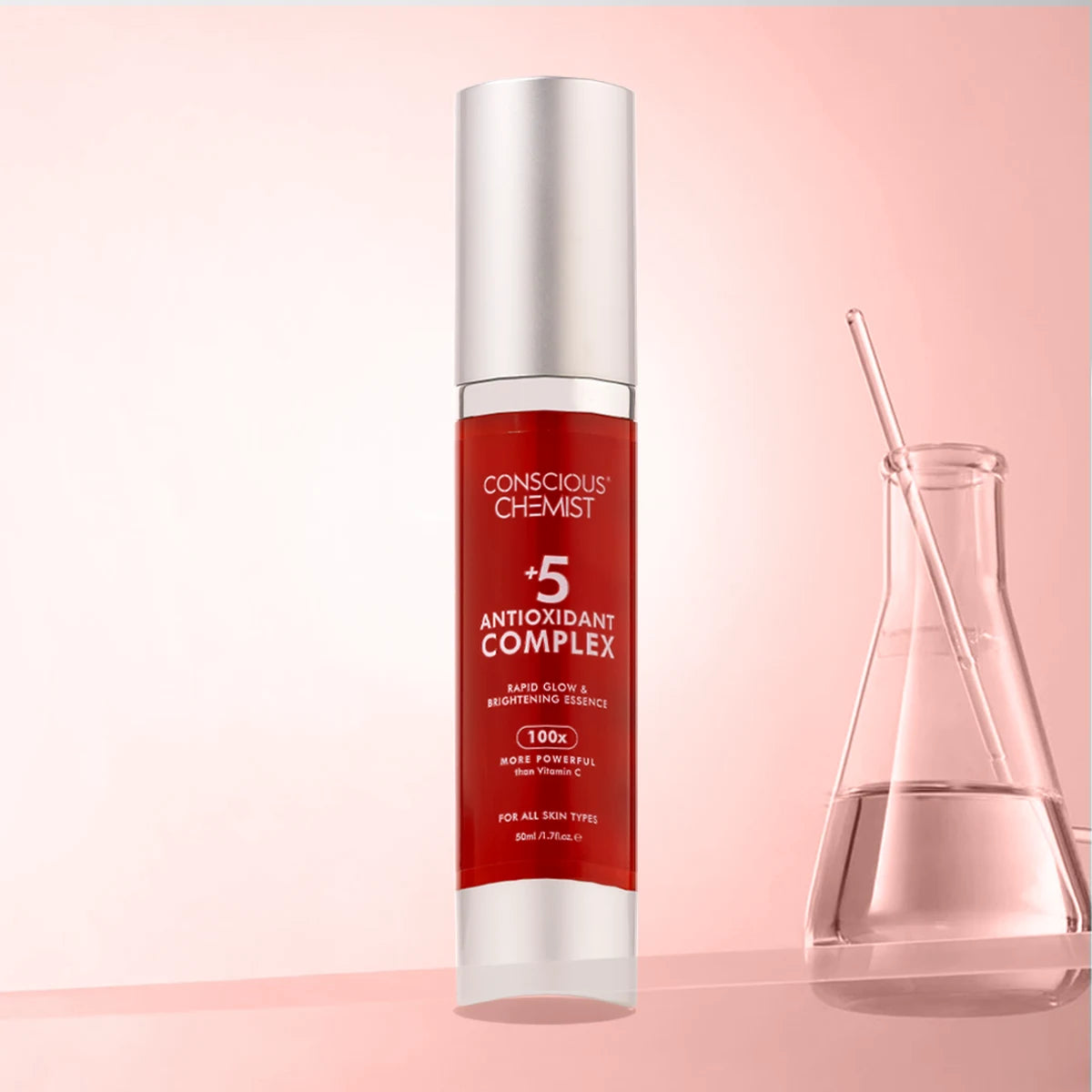
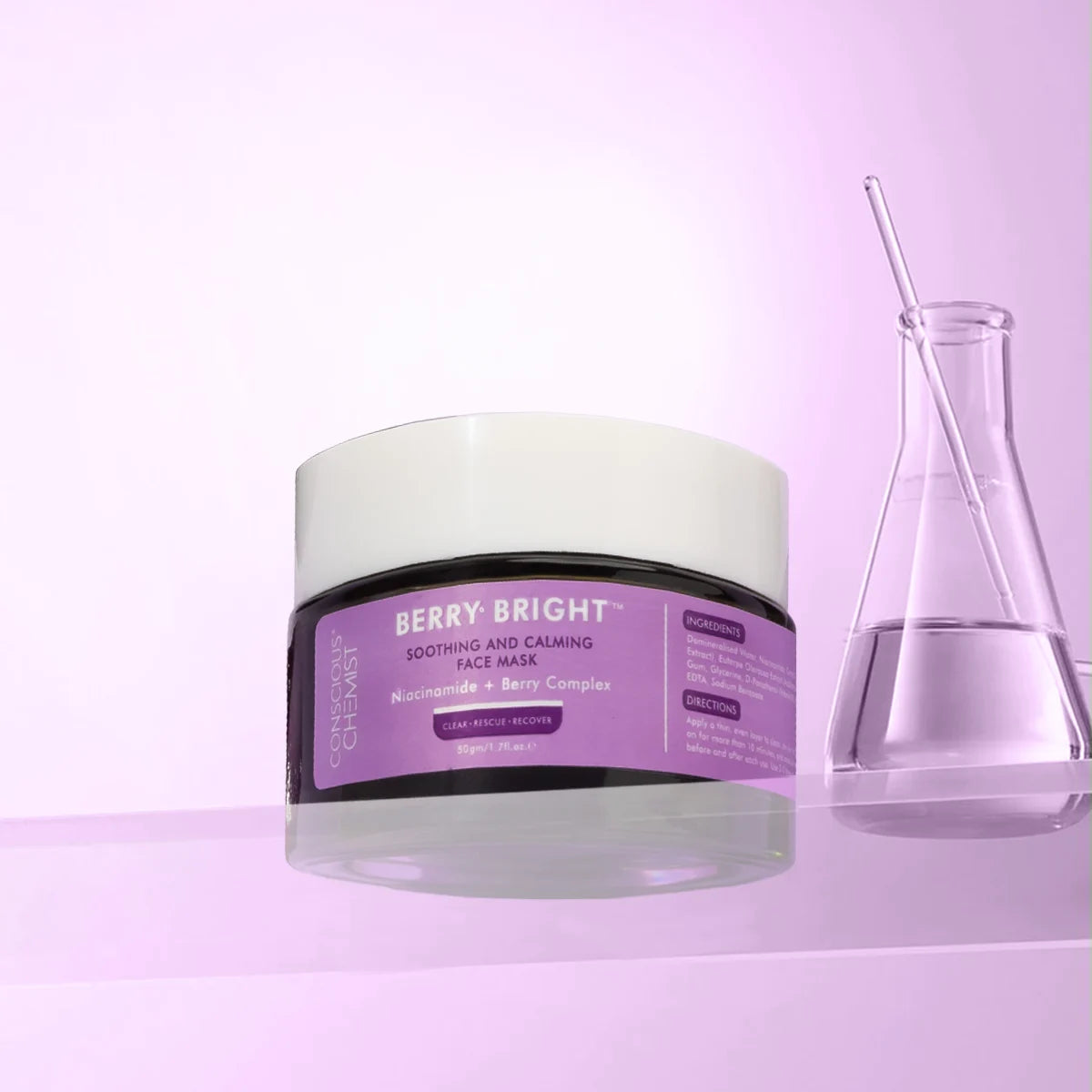

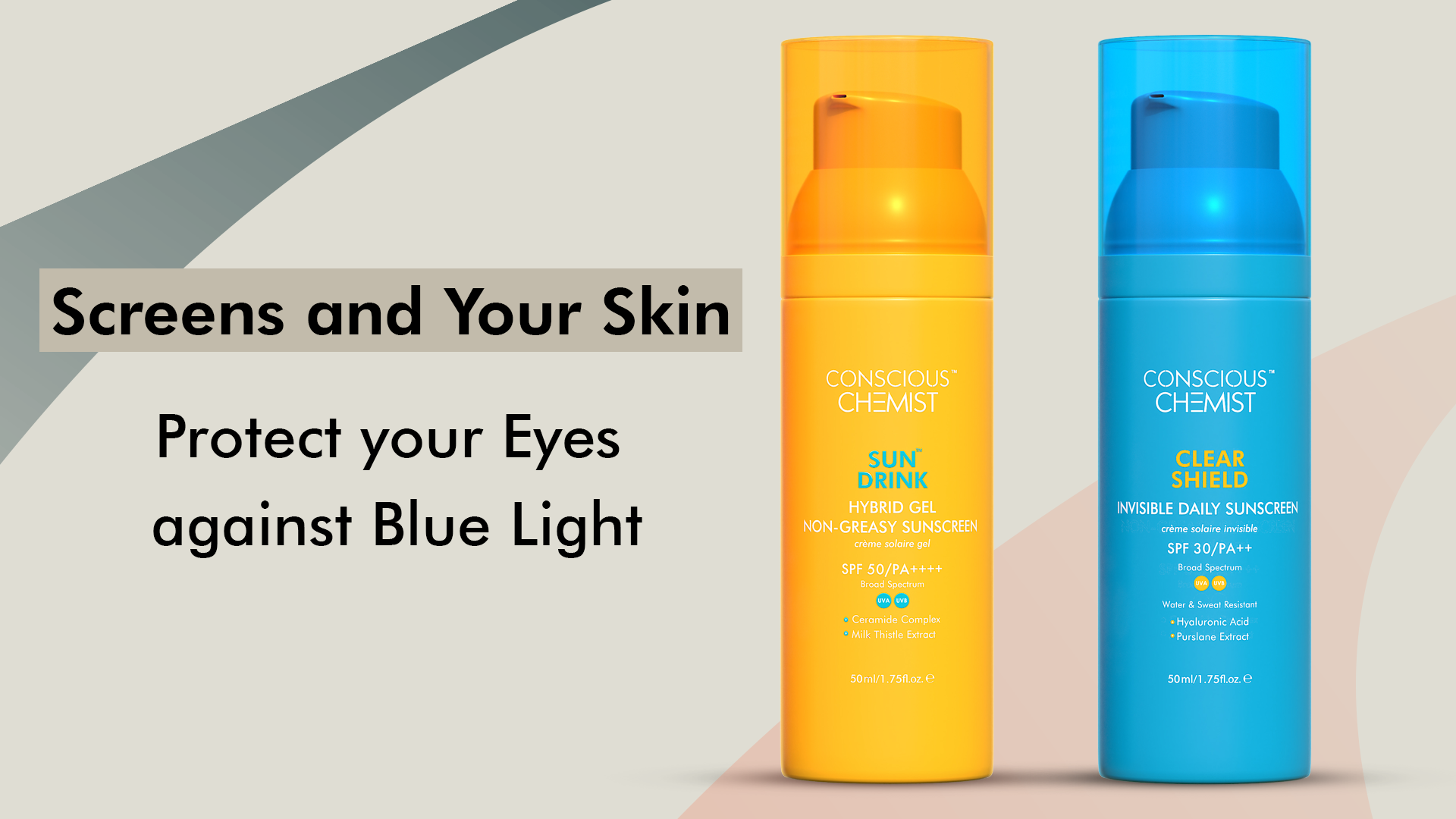
The Truth About DIY Skincare: 7 DIY tips to avoid
Preservatives: The good, the bad and the nasty